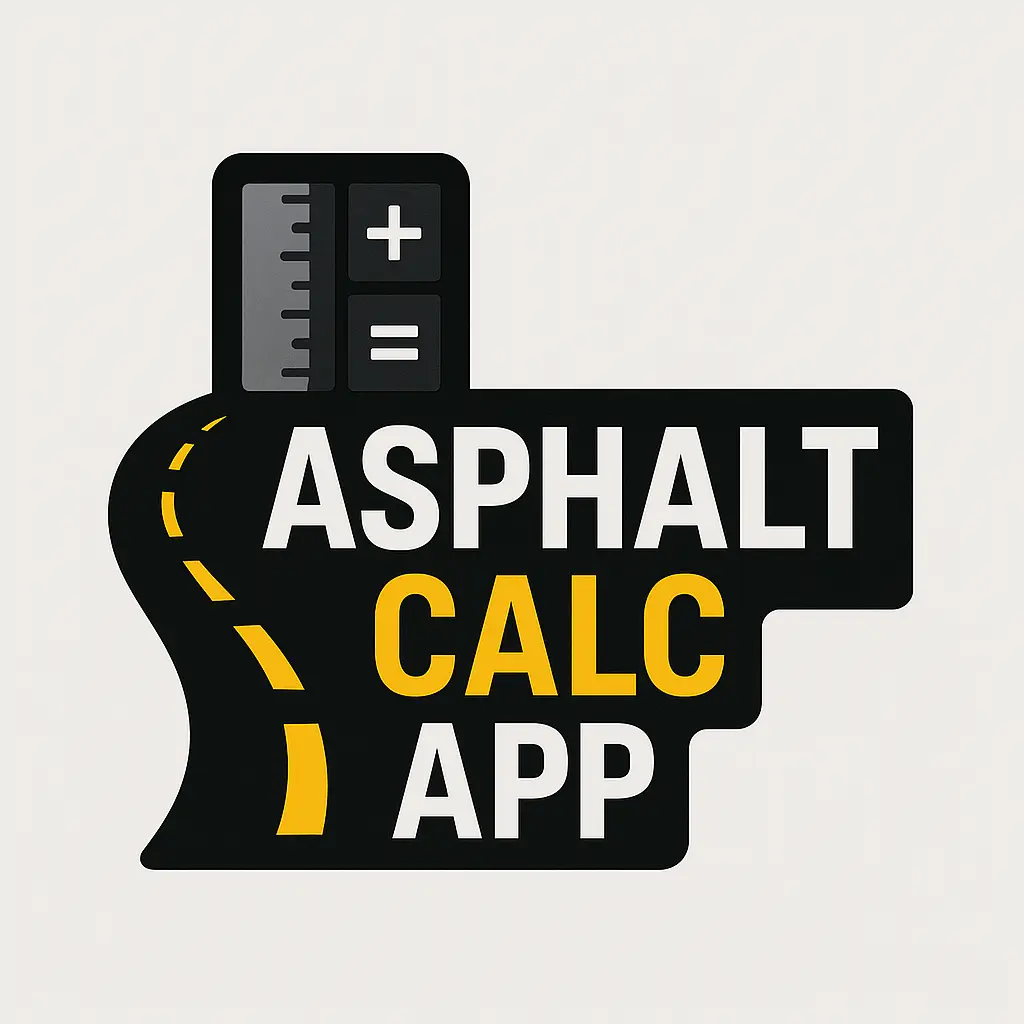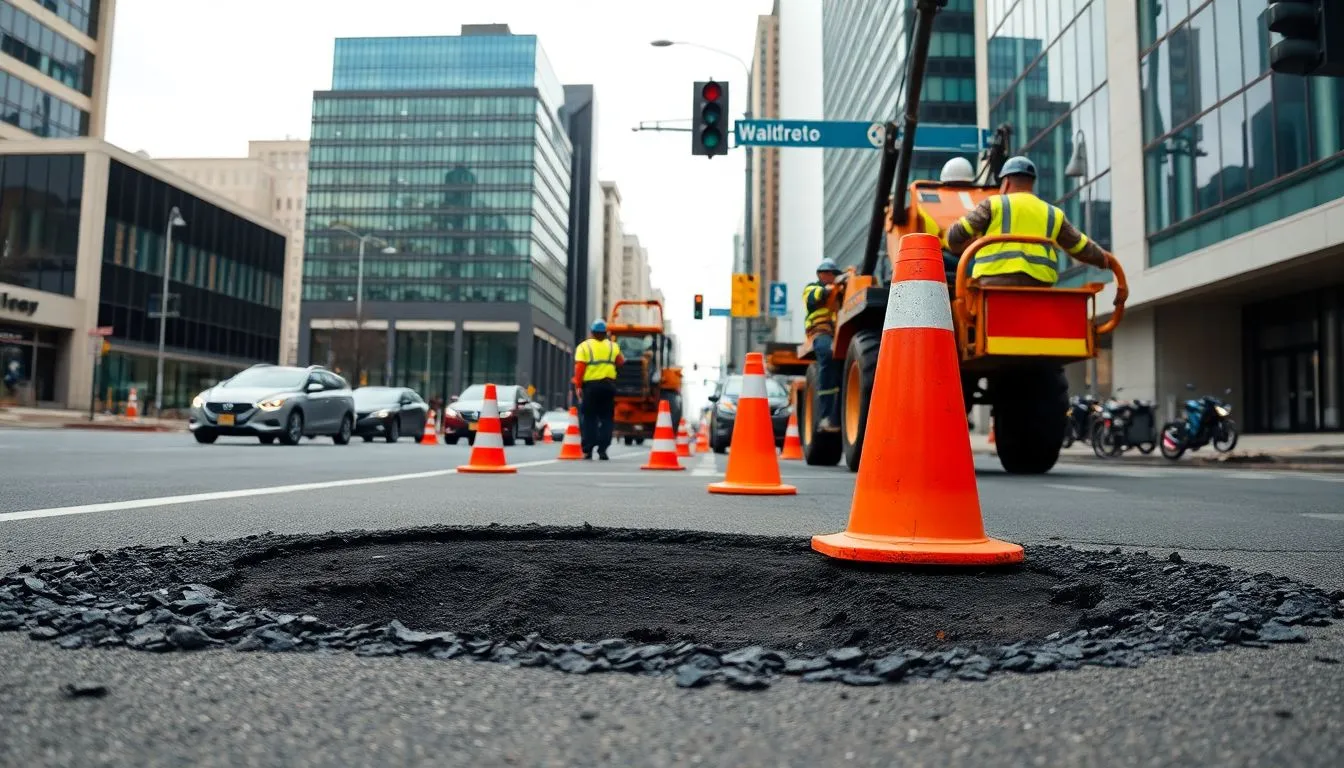Introduction
Potholes are a common problem that affects thousands of roads each year. They cause damage to vehicles and create dangerous driving conditions. Fixing potholes quickly can save money and prevent accidents.
Knowing how much a repair will cost helps city planners and homeowners plan their budgets. But estimating expenses can be tricky without the right tools. That’s where a pothole repair cost calculator comes in. It makes estimating simple, fast, and accurate.
Understanding Potholes and Their Repair Needs
What Causes Potholes?
Potholes form when water seeps into cracks and freezes. The ice expands and breaks the pavement apart. Traffic driving over weak spots further wears down the surface.
Most potholes happen in areas with cold weather, heavy rain, or lots of traffic. Studies show colder climates have more potholes than warm regions. Heavy trucks and poor drainage also speed up pothole formation.
Types of Pothole Repairs
- Temporary repairs: Quick fixes like cold patch or sealant. These last only a few weeks or months.
- Permanent repairs: Full-depth patching or resurfacing. These restore the road better and last longer.
- Methods: Small potholes often get patched with cold patch, while larger ones need full-depth repair or repaving.
When to Repair a Pothole
If a pothole is deep, wide, or causes vehicle damage, it needs urgent repair. Small cracks can wait, but ignoring them leads to bigger problems. Delayed fixes weaken roads and increase repair costs over time. Prompt repair keeps roads safe and saves money in the long run.
Components of Pothole Repair Costs
Material Costs
Materials include asphalt, cold patch, or concrete. Asphalt is most common for permanent repairs. Price varies based on quality and region. For example, asphalt might cost around $100 per ton according to HomeAdvisor, but prices can differ widely.
Labor Expenses
Labor costs depend on how complex the job is and local wages. Typical hourly rates range from $50 to $100. Simple patching takes less time, but full repairs need skilled workers and special tools.
Equipment and Tools
Repair jobs need tools like jackhammers, rollers, and dump trucks. Owning equipment reduces costs, but renting can be easier if repairs are infrequent. Rental prices vary from $50 to $300 per day.
Additional Costs
Other expenses include traffic management, safety signs, and cleanup. Permits and inspection fees might apply, especially for large repairs or city projects.
Cost Variability by Pothole Size and Location
- Small potholes under 6 inches cost around $50 to fix.
- Large ones over a foot wide can reach $500 or more.
- Urban areas have higher labor and permit fees. Rural areas might have lower prices but face accessibility issues.
How to Use a Pothole Repair Cost Calculator
Features of an Effective Cost Calculator
Good calculators ask for info like size, location, and repair type. They let you choose materials and project size, too. Some tools are online, while others are downloadable spreadsheets.
Step-by-Step Guide to Estimating Costs
- Measure the pothole’s width, length, and depth.
- Decide on the repair type: temporary patch or full repair.
- Enter data into the calculator.
- Review the estimate, paying attention to assumptions and included costs.
- Adjust inputs if needed for better accuracy.
Real-World Example Calculations
- A 12-inch wide, 4-inch deep pothole may cost ~$75 for patching.
- A 3-foot-wide pothole needing full-depth repair could reach $450.
- Regional comparisons show that labor and material prices impact expenses.
Factors Affecting Pothole Repair Costs
Regional Price Differences
Prices vary greatly across the country. Urban areas tend to have higher wages and material costs. For example, coastal cities may charge 20% more than inland towns.
Road Condition and Accessibility
Heavy traffic or steep slopes make repairs harder. Hard-to-reach spots need special equipment or longer work hours.
Contractor vs. DIY Repairs
DIY fixes save money but may not last long. Proper repairs often need skilled workers and correct materials. Professionals are often more cost-effective in the long run.
Timing and Seasonal Considerations
Repairs in dry, warm weather are cheaper and quicker. Off-season repairs avoid rush periods, lowering labor rates.
Tips for Reducing Pothole Repair Expenses
- Regularly inspect roads and fix problems early.
- Use bulk discounts when buying materials.
- Get quotes from multiple contractors.
- Look for government grants for infrastructure projects.
- Include repair estimates in long-term budget plans.
Comparison Table
| Repair Type | Cost Estimate | Durability | Tools Needed |
|---|---|---|---|
| Cold Patch | $50–$100 | Low (1–6 months) | Basic hand tools |
| Full-Depth Patch | $200–$500 | High (5–10 years) | Jackhammer, roller |
| Resurfacing | $500+ | Very High (10+ years) | Paver, compactor |
FAQ
1. What is the average cost of pothole repair?
Answer:
The average cost ranges from $50 to $500, depending on pothole size, location, and repair method.
2. How do potholes form?
Answer:
Potholes form when water seeps into cracks and freezes, causing the pavement to break apart.
3. Can I repair a pothole myself?
Answer:
Yes, small potholes can be fixed using DIY kits, but larger or permanent fixes require professionals.
4. When is the best time to fix potholes?
Answer:
The best time is during dry, warm weather to ensure materials set properly and reduce labor costs.

